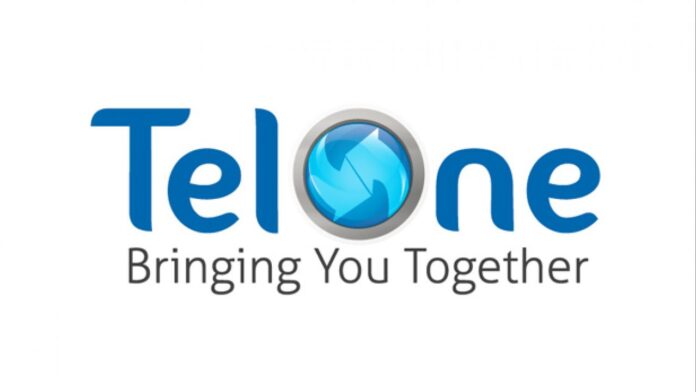Itai Ndongwe
TelOne has announced a strategic agreement with British-based global low-earth orbit satellite communications network firm, Eutelsat OneWeb, for internet service to give Zimbabwean consumers high-speed internet access at affordable prices enabling it to remain competitive in the fast changing telecommunications industry.
The partnership, which has already been concluded, will allow TelOne to offer LEO Satellite services to enterprises and consumers in Zimbabwe, with a planned launch in the third or fourth quarter of 2024. This move will not only improve TelOne’s service offerings, but will also demonstrate the company’s willingness to embrace new technologies and collaborate with innovative providers.
Speaking on the sidelines of the company’s AGM today (June 28), CEO Eng. Lawrence Nkala addressed concerns about the impact of LEO satellite technology on TelOne’s business, emphasizing the company’s commitment to upgrading its network infrastructure and services to provide world-class connectivity at competitive prices.
“We have partnered with Eutelsat OneWeb and the deal is basically that we will be reselling their services and we will be doing the deliveries.”
He said the deal was a resale agreement where TelOne would offer its satellite services in Zimbabwe.
“No commercial terms have been concluded yet. We have just concluded that TelOne will be their partners in distributing their services,” Nkala said.
TelOne requires a US$250 million injection to enable the deployment of infrastructure networks and digital platforms, and the company is continuing to pursue strategies to obtain funds for infrastructure development and network improvement projects. The company made significant capital investments to support its expansion strategy using domestically produced funds.
The company increased its investment in fibre rollouts to replace legacy copper networks, long Term Evolution (LTE) carrier aggregation in Chitungwiza, upgrade of Harare Metro ring to 100Gb, and successful implementation of service Control Gateway and Bandwidth Manager, which resulted in improved customer experience, and broadband Remote Access Server (BRAS) in Harare and Bulawayo was also upgraded to improve the quality and speed of broadband services on the network.
The Company achieved growth in 2023, with an inflation-adjusted profit before tax and depreciation (EBITDA) of ZW$227.9 billion, up from ZW$54.6 billion the previous year.TelOne’s inflation-adjusted revenue for the period under review was ZW$692.6 billion, a 154% increase over the previous year’s performance, driven primarily by exchange rate-induced growth and organic growth in the majority of its business sectors.
The wholesale business segment increased by 19%, reaching sales of 40.4Gb by the end of the period, while the enterprise business segment increased by 56%, reaching sales of 20.6Gb. Home broadband subscribers increased by 6% to 141,021 subscribers, with an average revenue per user per month of US$12.
The company’s equipped capacity climbed from 142.5Gb in 2022 to 165Gb in 2023, allowing it to safeguard the majority of the network. Broadband contribution for the year increased by 3% to 79% from 77% in 2022, while voice contribution fell by 27% to 11% in 2023 from 15% in 2022.
The company has gradually expanded its network capabilities, resulting in a 29% increase in data sales volume this year.
Operating expenses, on the other hand, surged by 116%, from ZW$218,3 billion in 2022 to ZW$470,7 billion in 2023, adjusted for inflation. This was mostly caused by the depreciation of the local currency, which had a knock-on effect on inflation.
TelOne’s market share increased to 32% from 27% the previous year, and it is expected to rise further in 2024 as we continue to serve our customers with various digital solutions.
Total subscribers for both voice and home broadband increased by 5%, from 377.112 in 2022 to 397.278 in 2023. The increase was heavily affected by large growth in fixed VoIP subscriptions, as businesses and households continued to prefer VoIP lines over traditional landlines due to their dependability, cost-effectiveness, and convenience.
















